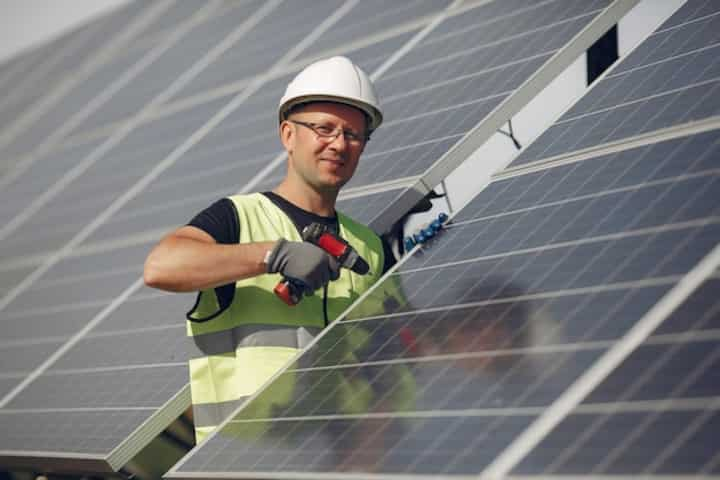
Cost of Residential Solar Panel Installation Services
As the world shifts towards more sustainable and environmentally friendly energy solutions, residential solar panel installations have become increasingly popular. Homeowners are drawn to solar panels for their potential to reduce electricity bills and their positive environmental impact. However, a critical factor to consider before making the switch is the cost associated with solar panel installation. This article aims to provide a comprehensive overview of the various cost components involved in installing solar panels in a residential setting.
Key Factors Influencing Installation Costs
System Size and Capacity
The size and capacity of a solar panel system are primary determinants of the overall cost. Larger systems with greater capacity will naturally cost more due to the increased number of panels and other materials required.
- Small systems (3-5 kW): Suitable for small homes with basic energy needs.
- Medium systems (6-8 kW): Ideal for average-sized homes with moderate energy consumption.
- Large systems (9+ kW): Best for large homes or those with high energy demands.
For further insights into selecting the right system size, read more about this topic.
Type of Solar Panels
There are various types of solar panels available, each with different price points and efficiencies. The three main types include:
- Monocrystalline panels: Known for high efficiency and sleek appearance, but typically more expensive.
- Polycrystalline panels: Usually less costly with slightly lower efficiency.
- Thin-film panels: Lightweight and flexible, offering the lowest efficiency but at a reduced cost.
To explore further insights on different types of solar panels, explore further insights here.
Additional Installation Costs
Labor and Installation Fees
The labor cost for installing solar panels varies based on the complexity of the installation and the location of the home. Rooftop installations may require additional safety equipment or custom solutions, potentially increasing labor costs.
Learn more in this detailed guide about the nuances of labor costs in solar installations.
Permits and Inspection Fees
Local regulations often require permits and inspections for solar panel installations. These fees are essential to ensure compliance with regional building codes and safety standards.
For additional information on permitting and inspection costs, find additional information here.
Financial Incentives and Savings
Government Incentives
Various government programs offer incentives to encourage the adoption of solar energy. These may include tax credits, rebates, and grants, which can significantly offset the initial installation costs.
Read more about this topic to understand how to leverage these financial incentives effectively.
Long-term Savings
While the initial investment in solar panels can be substantial, the long-term savings on electricity bills can make it a financially attractive option. Over time, the reduction in energy costs can cover the initial installation expenses and lead to significant savings.
Explore further insights here to evaluate the potential long-term financial benefits of solar energy.